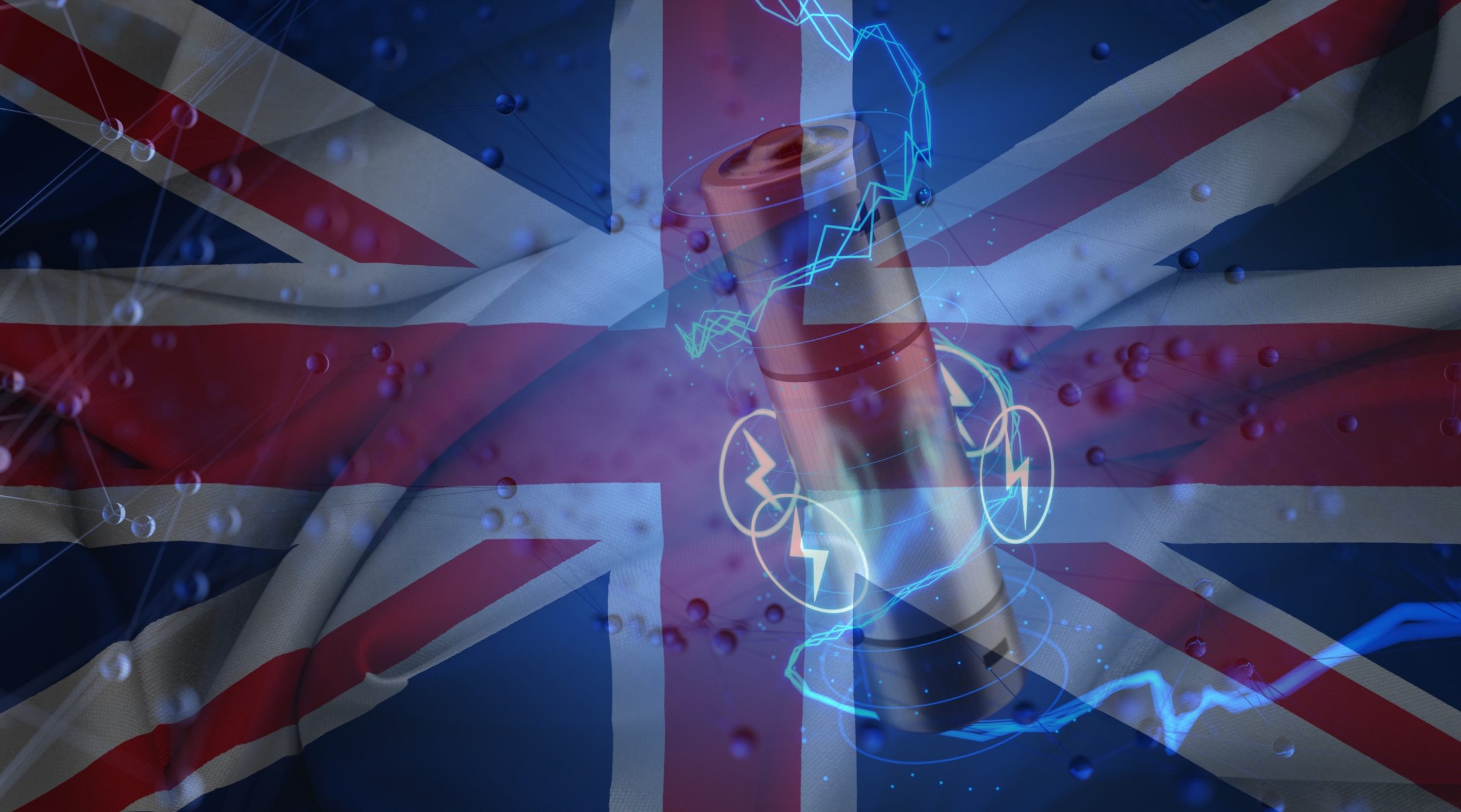Shaping the UK’s Battery Future: The Vital Role of Recycling in National Policy

With the race for battery leadership intensifying globally, the UK now faces a strategic crossroads: either develop a robust, end-to-end domestic battery value chain, or risk long-term dependence on volatile international markets.
The Commission brings together senior cross-party figures and industry experts to examine how Britain can scale up battery manufacturing to meet critical national priorities – from energy security and net-zero goals, to defence capability and economic growth. The Faraday Institution, the UK’s independent authority on battery research and commercialisation, will act as secretariat to the Commission.
A future-proof battery industry requires both advanced production and integrated recycling working in tandem. This approach is not only essential to meet growing demand but also ensures material security, reduces environmental impact and strengthens long-term supply chain resilience.
The Strategic Role of Battery Recycling
At Recyclus Group, we see battery recycling not as an afterthought, but as the foundation of a secure and circular battery economy.
With lithium, cobalt, nickel and other strategic materials under geopolitical pressure, and 70% of global cobalt still sourced from the DRC, a domestic recovery solution is essential.
Recycling black mass, the concentrated material recovered from used lithium-ion batteries, allows the UK to reduce reliance on overseas processing, mitigate environmental impact and retain valuable materials within its own borders.
A National Imperative: Closing the Loop
The Commission highlights five priority areas: net-zero transition, energy security, jobs, defence and trade positioning.
Battery recycling supports each of these pillars:
• Net Zero: The UK is projected to need nearly 200 GWh of battery capacity by 2040. Without domestic recycling, the UK risks exporting both material value and emissions abroad.
• Energy Security: With 10 GWh of grid storage required by 2030, recycling reduces supply risk and complements next-gen technologies like sodium-ion.
• Job Creation: Recycling infrastructure, alongside gigafactories, can generate thousands of skilled jobs and anchor clean-tech supply chains.
• Defence Readiness: Securing battery-grade materials through recycling reduces vulnerability in military and national infrastructure applications.
• Global Competitiveness: As Europe targets 1,350 GWh of capacity by 2030, the UK must invest in end-of-life battery recovery to remain a trusted and self-sufficient trading partner.
Our Role at Recyclus
Recyclus Group operates the UK’s first industrial-scale lithium-ion battery recycling plant, converting end-of-life batteries into high-purity black mass, a critical intermediate for battery-grade metal recovery.
Through secured offtake partnerships, Recyclus is supplying recovered black mass to downstream processors, actively enabling a circular approach to battery material use across the supply chain.
We believe recycling should be embedded in the UK’s national battery strategy, not only to cut carbon and waste, but to build a resilient supply chain from end to end.
As the Policy Commission begins its vital work, we urge decision-makers to recognise that manufacturing and recycling must go hand in hand.
To learn more about how Recyclus is supporting the UK’s battery independence through advanced recycling infrastructure, contact us or visit our website.
